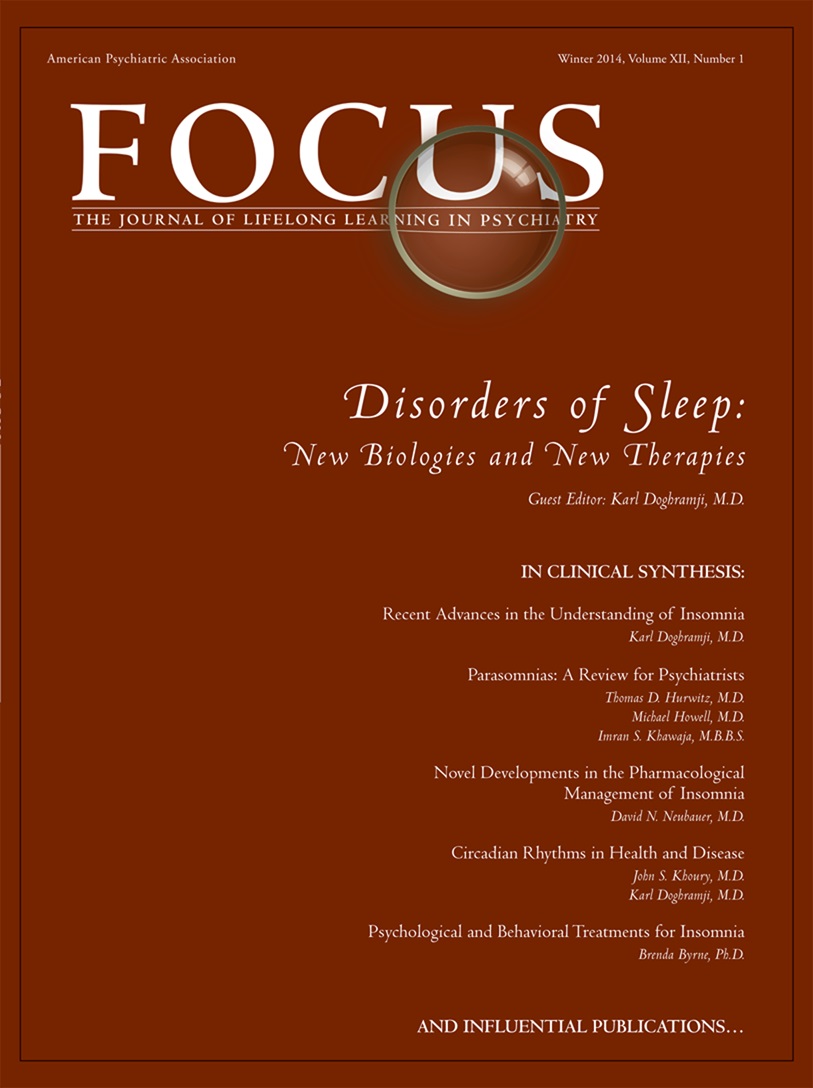Ethics Commentary: Ethical Considerations in Sleep Medicine
Abstract
As we adopt a forward-looking perspective in the still emerging field of sleep medicine, it is imperative to revisit a set of core ethical principles to serve as a road map in this journey. The foundational concepts of nonmaleficence, autonomy, truthfulness, justice, and beneficence must inform our efforts and guide our actions as we set about to conduct this important work. The primary responsibility of a medical provider is to act in a way that does not cause additional harm to a patient beyond the inherent and unavoidable consequences of a disease process. To avoid potential adverse effects, the judicious use of prescription medications, including sleeping pills, is imperative. Patient autonomy and veracity must be preserved by disclosing the association between REM behavior disorder (RBD) and other neurodegenerative conditions. Distributive justice requires access to basic medical care and fair allocation of resources, including an equal share of public safety, to all members of society. Through education, access to diagnostic procedures, and timely therapy, significant impacts can be made throughout public health. The opportunity for great beneficence exists in the discipline of sleep medicine with a substantial need and effective treatments strengthened by the integral role of technology. Medical care that is founded on these basic ethical standards will ensure continued success as the specialty continues to develop.



